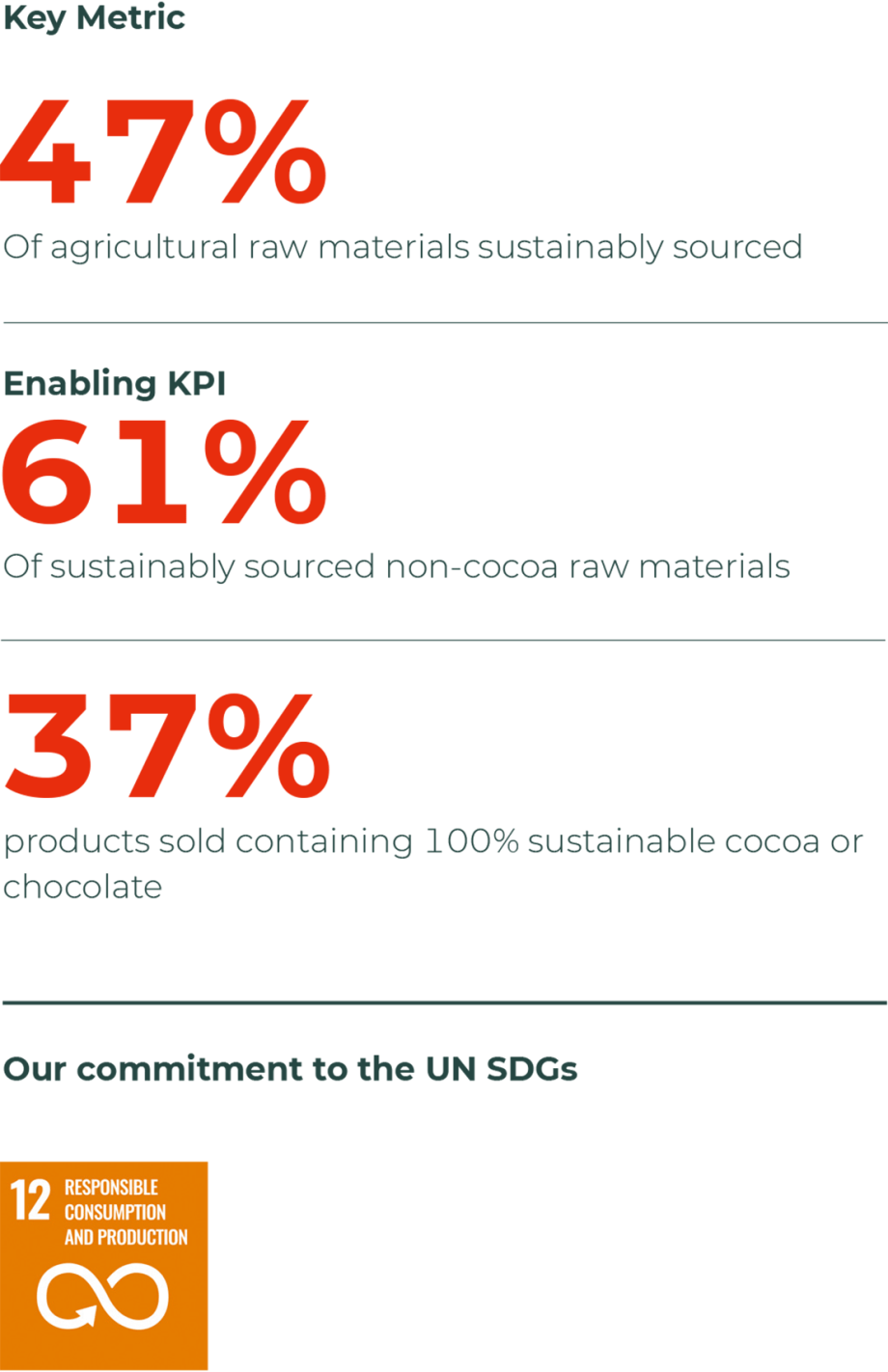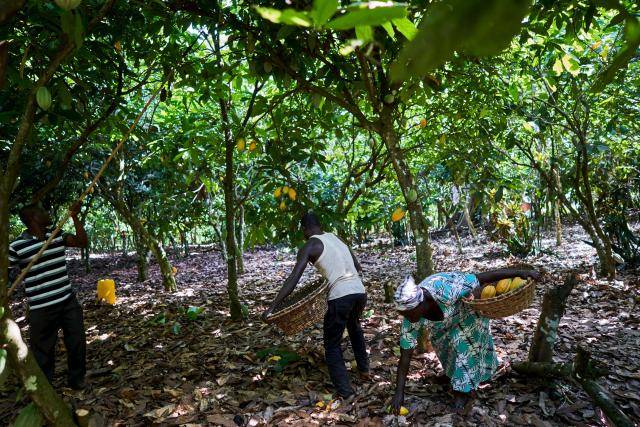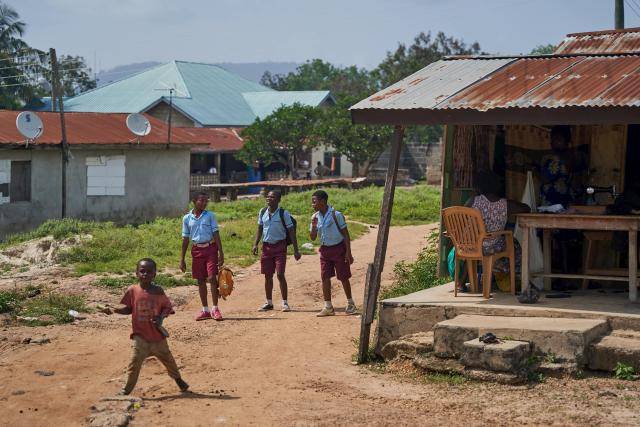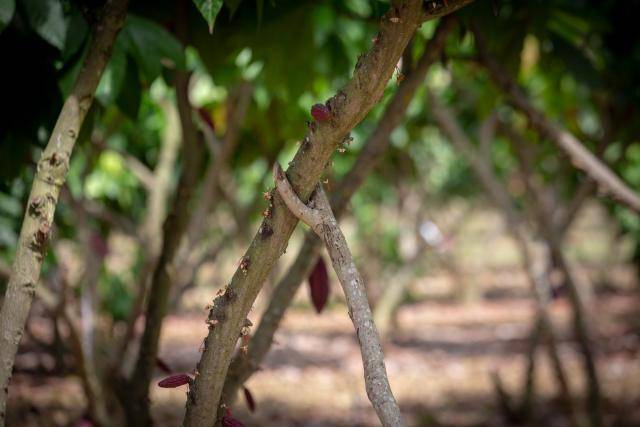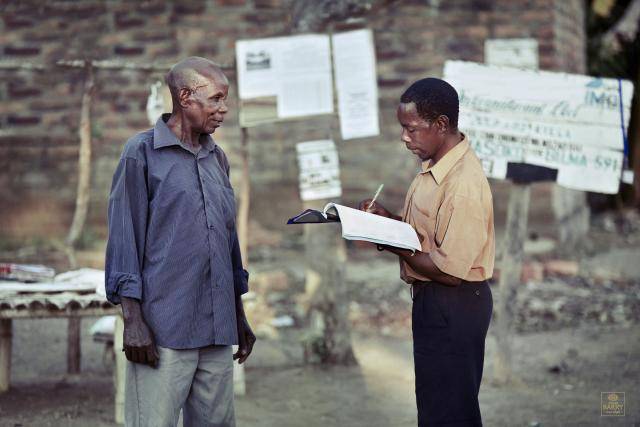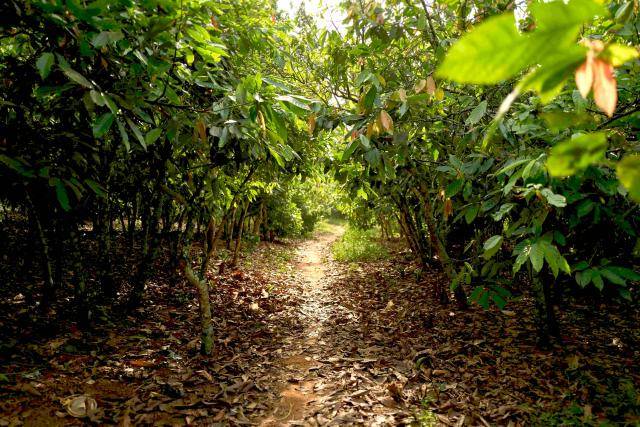Sustainable Chocolate 2019/20

Sustainable Chocolate 2019/20
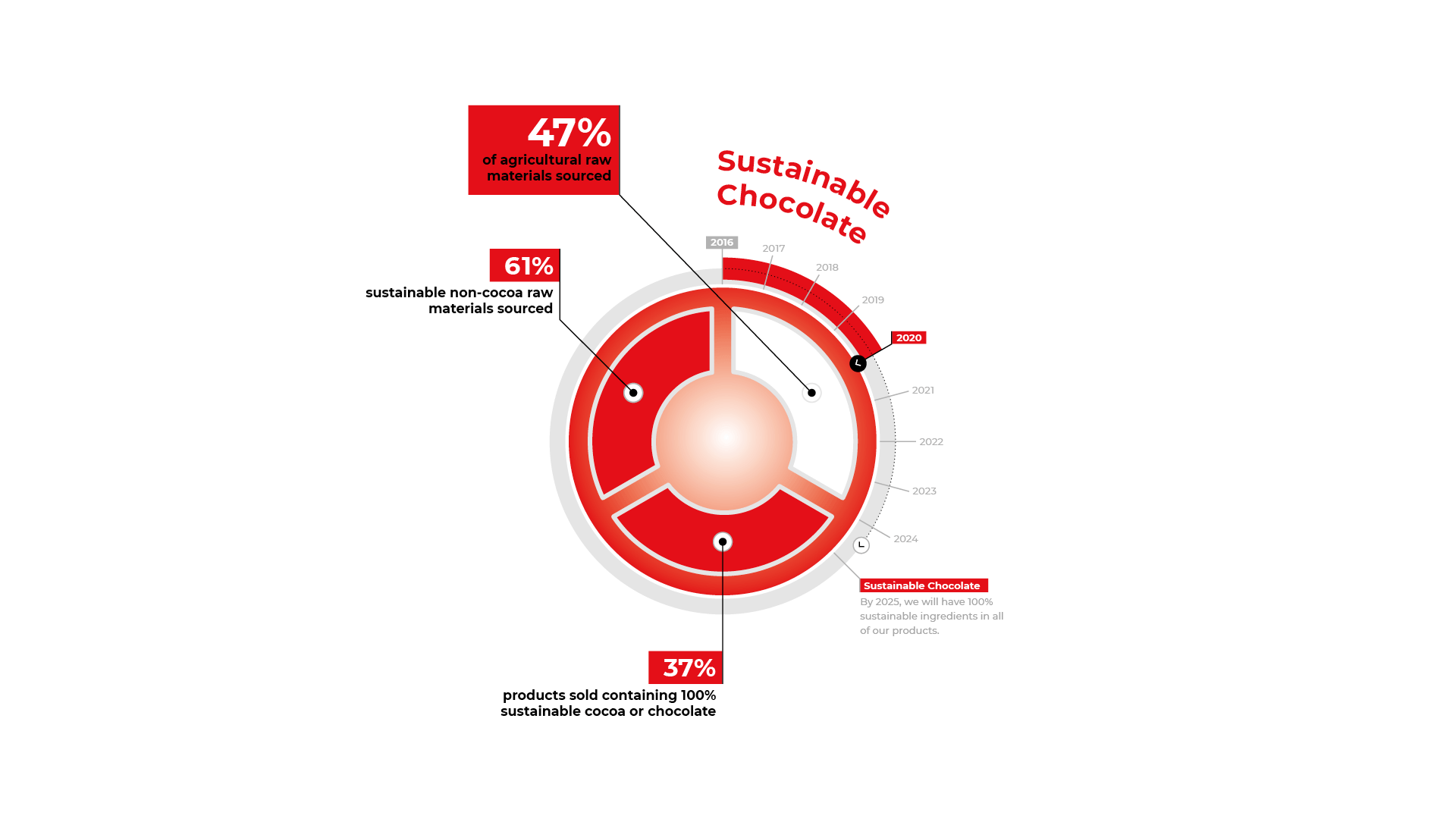
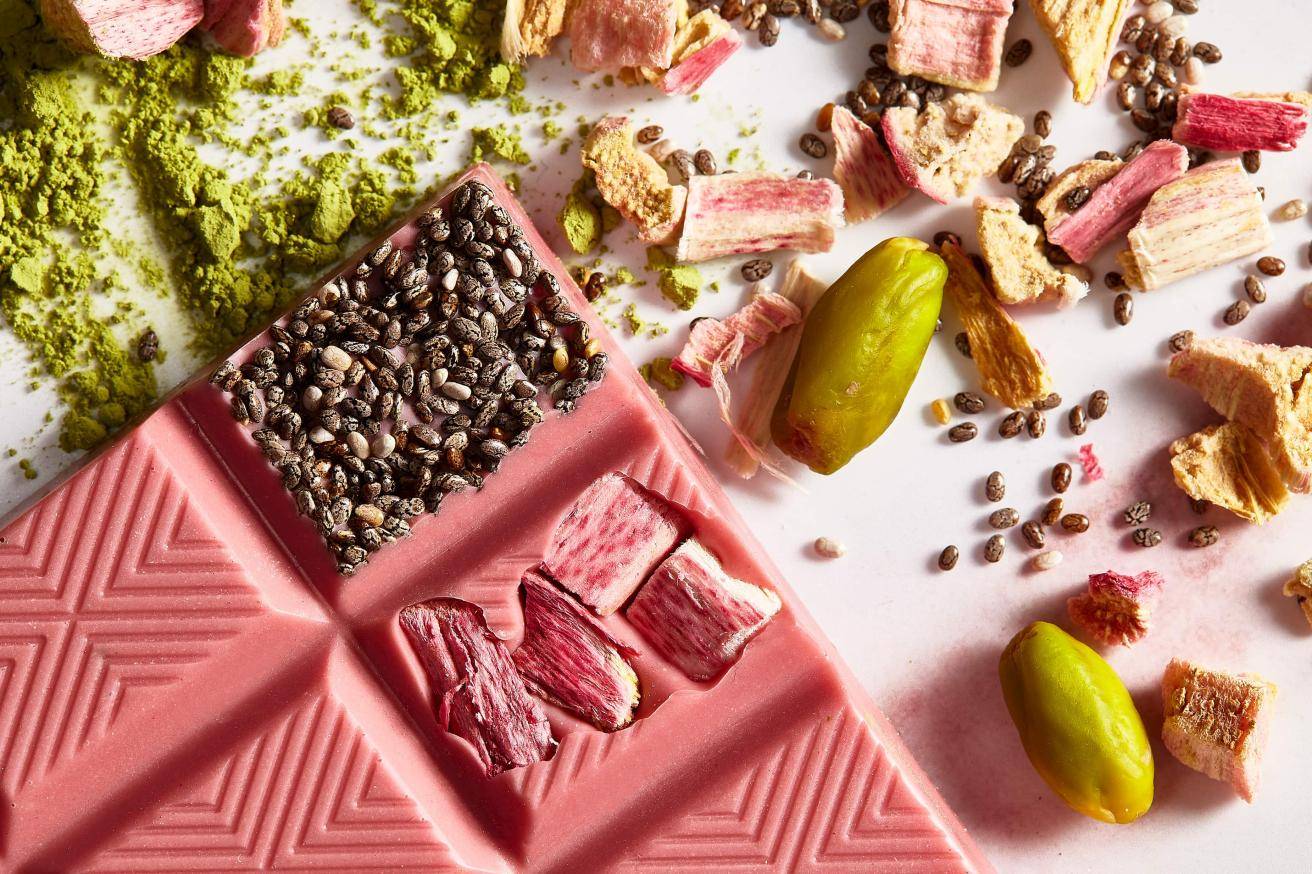
Our approach
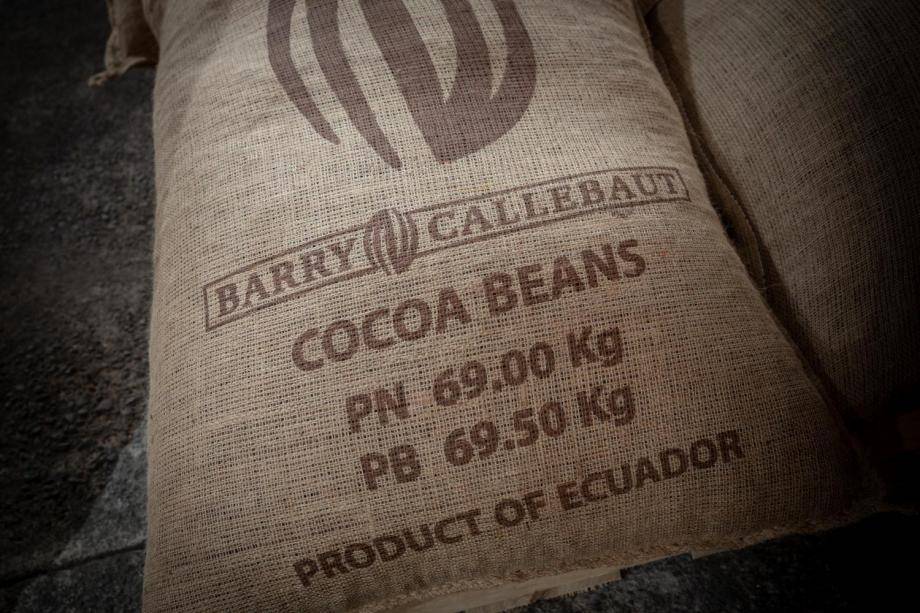
Supporting Ecuadorian cocoa farmers. This year, Cocoa Horizons was successfully introduced to the world’s third largest producer of cocoa.
Cocoa
We work with, and implement, various sustainable cocoa programs to improve cocoa farmer livelihoods and farming practices. Among them is Cocoa Horizons, our preferred vehicle to enable the implementation of sustainability activities. Cocoa Horizons continued in 2019/20 to scale impact and drive change through productivity, community and environmental activities. In addition to Côte d’Ivoire, Ghana, Cameroon, Indonesia and Brazil, the program has expanded into Ecuador, the world’s third largest producer of cocoa. This year, we achieved a landmark moment with Cocoa Horizons being recognized by the Sustainability Standards Map. Along with other recognized sustainability programs, such as Rainforest Alliance, this publicly available resource provides an independent review of the methodology of Cocoa Horizons across the categories of environmental protection, social and governance risks.
This year, the premiums from the purchase of HORIZONS products generated CHF 17.7 million in funds (+20.4%). These funds are invested into activities to drive cocoa farmer professionalization and prosperity, eradicate child labor and deforestation, and become carbon positive. Through these premiums more than 150,000 farmers can take part in the program focusing on improving their productivity and income.
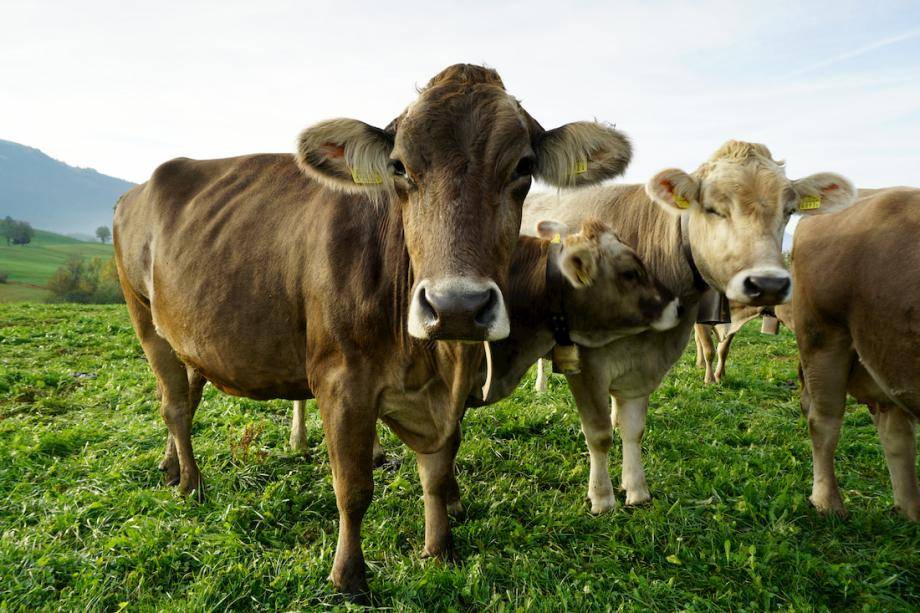
In 2019/20 we embarked on innovative pilots with milk suppliers in the Netherlands and the US to evaluate the use of feed additives to reduce methane from enteric fermentation.
Dairy
Dairy farming is a major contributor to our total carbon footprint. We estimate that carbon emissions from dairy accounts for approximately one quarter of our total carbon footprint. Achieving sustainable dairy production is a sizable challenge, which is why we developed our VisionDairy program in 2017 and published our ambitious Dairy Charter in 2018 to set a global benchmark for sustainable dairy production. In 2019/20, the data gathered for the global benchmark, were independently assessed to develop a benchmark for the overall sustainability of our dairy ingredients.
In 2019/20 we also embarked on innovative pilot projects initiated by Barry Callebaut and milk suppliers in the Netherlands and in the US to evaluate the use of feed additives to reduce methane from enteric fermentation. In 2020/21 we aim to scale these pilots out to additional dairy suppliers. Furthermore, we are an active member of industry platforms such as the Sustainable Agriculture Initiative Platform (SAI) and part of the Dairy Working Group.
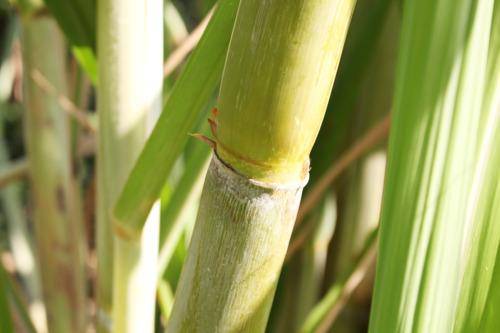
Sustainable sugar cane and sugar beet excludes forced and child labor, ensures healthy and safe working conditions, protects land rights and avoids any negative environmental impact.
Sugar
In 2017, we joined Bonsucro, whose mission is to ensure responsible cane sugar production that creates lasting value for the people, communities, economies and ecosystems in all cane-growing regions. In 2019/20, we have continued our work with Bonsucro and became the first company to purchase sustainable sugarcane credits on the Bonsucro platform to directly support independent sugarcane farmers.
In 2019/20 Barry Callebaut worked with the Mexican Sugarcane sector to implement a project with industry, suppliers and the NGO Solidaridad to create a responsible recruitment training module. In fiscal year 2018/19 we worked with Russian beet sugar suppliers to reach SAI Silver Level with their selected farmers and plants. Our successful partnership with sugar beet suppliers has progressed in 2019/20 as we brought together a group of SAI member companies and Turkish suppliers, to launch a similar project in Turkey.
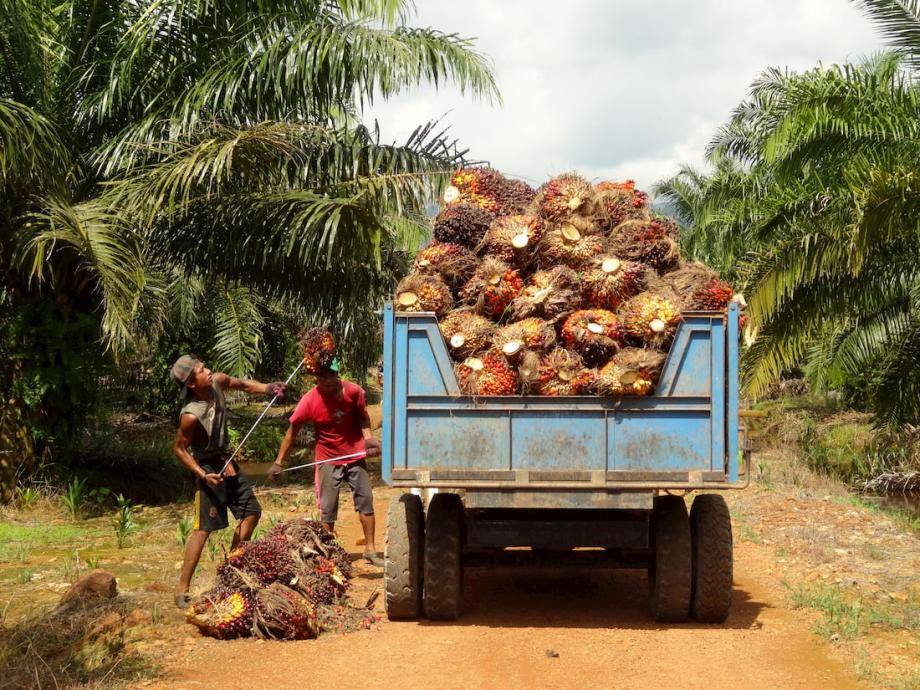
We have increased our sustainable sourcing of palm oil, and are on track to reach 100% sustainably sourced palm oil in 2020/21.
Palm oil
This year, Barry Callebaut has increased its sustainable sourcing of palm oil, and is on track to reach 100% sustainably sourced palm oil in 2020/21. In fiscal year 2019/20, we further improved the traceability of our palm oil suppliers by identifying the mills in our supply chain, as well as their working practices.
Barry Callebaut also participates in the Coalition for Sustainable Livelihoods. This consortium works to create a model of sustainable land use to foster improved livelihoods for palm oil farmers through policy, investment, and private sector engagement in North Sumatra and Aceh, Indonesia.
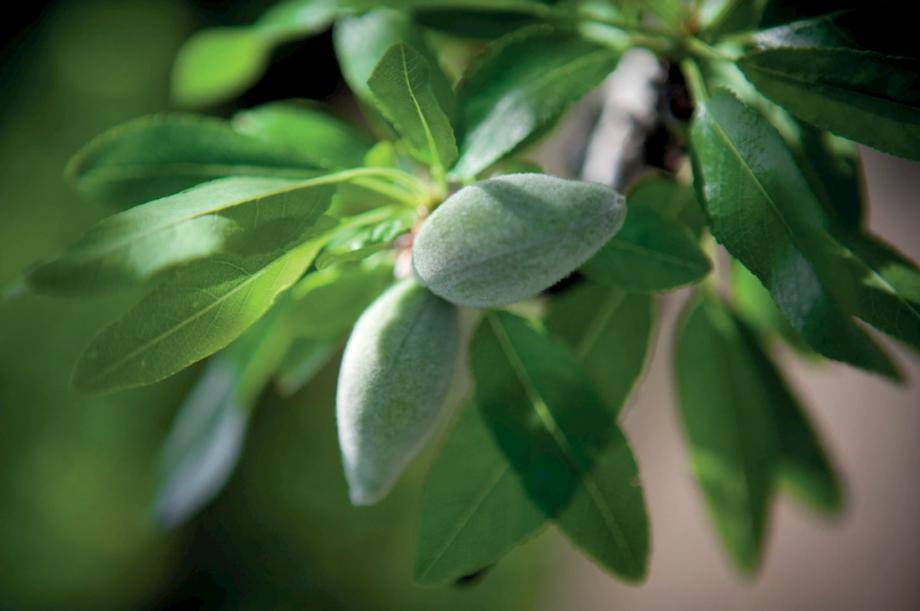
Nuts
For almonds to grow, bees are required to pollinate the blossom. However, certain farming practices such as the use of pesticides are known to harm pollinators. This year, La Morella Nuts, part of the Barry Callebaut Group, commenced a pilot with Bee Friendly, a European certification organization that aims to identify and promote pollinator-friendly products and production systems. The pilot was implemented with one of our Spanish almond suppliers, and in the next fiscal year we plan to scale the volumes by integrating new almond orchards in the project.
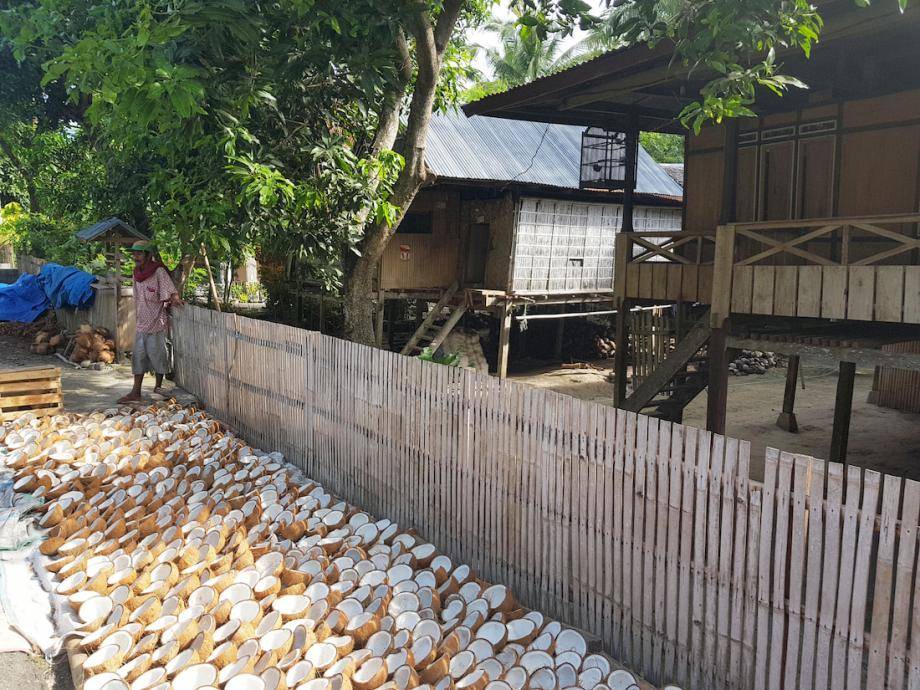
This year, we spearheaded the coconut industry’s first Sustainable Coconut Charter. The charter aims to improve farmer livelihoods, lessen the carbon footprint of coconuts and boost supply to meet rising global demand.
Coconut
Similar to cocoa farmers, coconut farmers are primarily smallholder farmers, and as a result of low yields due to ageing trees and poor farming practices, they have difficulty achieving a sustainable livelihood. In order to achieve real systemic change in coconut farming, we needed an approach bringing together governments, industry and civil society. In 2019, Barry Callebaut, the US Agency for International Development (USAID) and Green Invest Asia, brought together buyers, processors and other actors actively involved in the coconut supply chain to establish the Roundtable on Sustainable Coconut and Coconut Oil. In 2019/20, we spearheaded the continuation of this work, which has led to the development of a sustainable coconut sourcing charter to harmonize buyer requirements, and strengthen collaboration on sustainable coconut and to responsibly source coconut oil production.
Our measured impact
Sustainable supply chains are maintained through the demand for sustainable products. Our Forever Chocolate KPIs for sustainable chocolate are focused on the percentage of sustainably sourced raw materials. In 2019/20, we sourced 61% (+13%) of our ingredients, excluding cocoa, from sustainable sources. Including cocoa, we sourced 47%, (-8.5%) of our ingredients from sustainable sources.
We are continuing to focus efforts to further build the market pull for sustainably sourced cocoa, and have set an example by transitioning our own Gourmet brands to sustainably sourced cocoa, cocoa mass or ingredients. In order to provide a better picture of how the market for sustainable cocoa is developing, we have decided to change our KPI going forward and focus on the % of cocoa and chocolate products sold that contain 100% sustainable cocoa or chocolate. Furthermore, we only changed the KPI for cocoa, because other non-cocoa ingredients are rarely marketed as sustainable within chocolate products. As a result, reporting on the percentage of sustainably sourced non-cocoa raw materials remains the most accurate indicator of progress. In 2019/20, the percentage of cocoa and chocolate products sold that contain sustainable cocoa is 37%.
